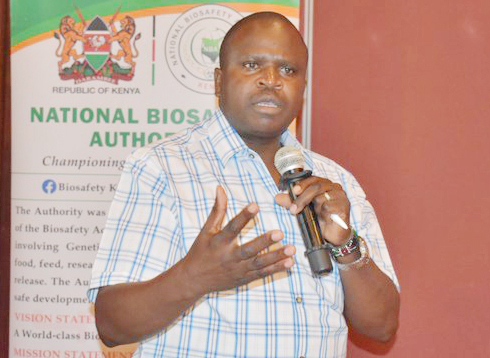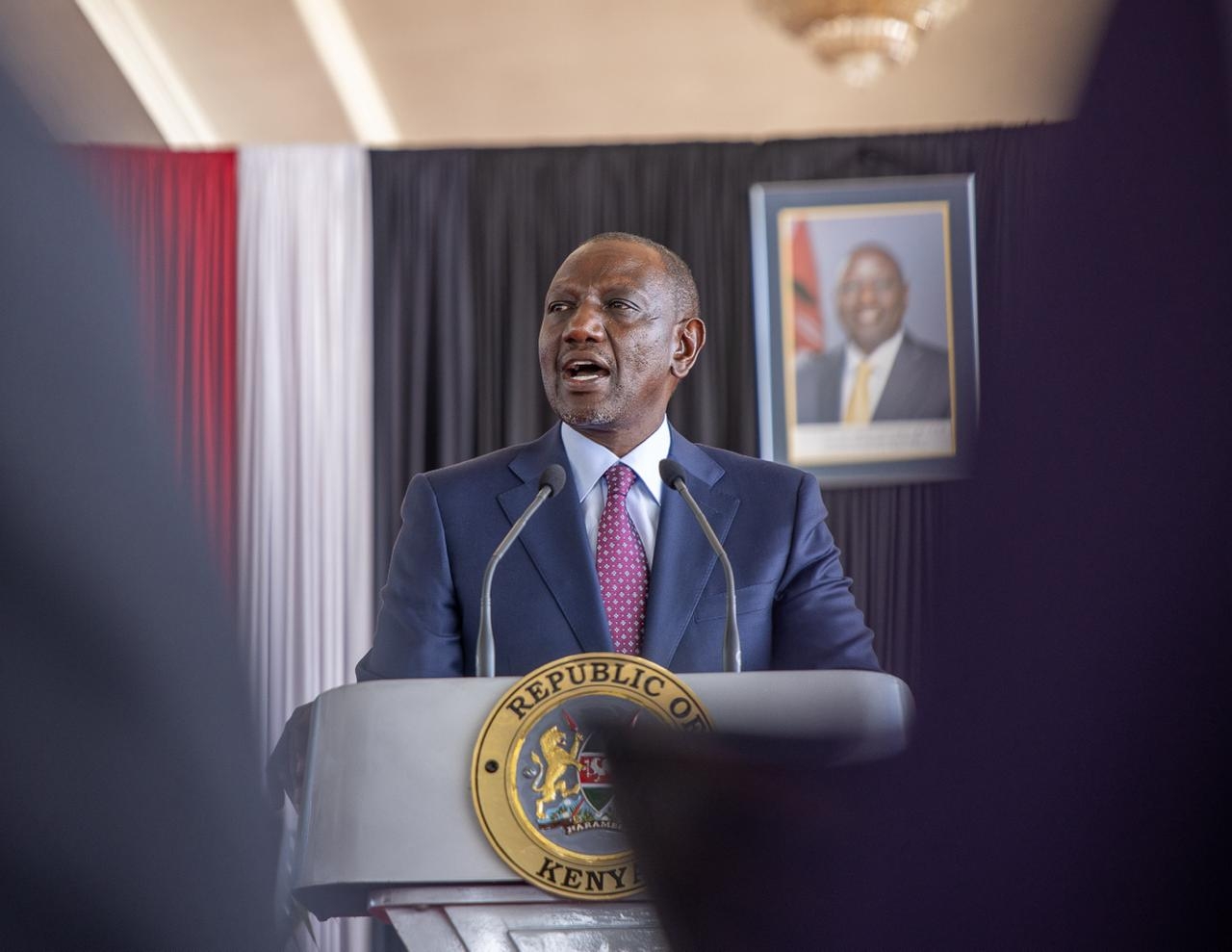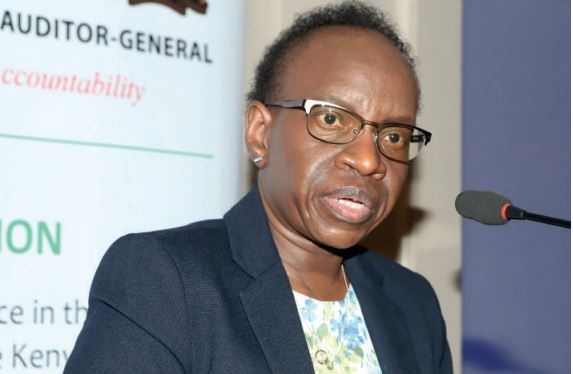
Experts will this week retreat to Naivasha for the Biosafety Conference, in which they will be taking stock of the absorption of modern biotechnology.
The conference, hosted by the National Biosafety Authority, will bring together government officers, scholars, policymakers, researchers, farmers and youth representatives, who will converge to take stock of achievements and challenges in the adoption of modern biotechnology.
The conference, themed '13 years later: Building trust and ensuring safety of genetically modified organisms,' will look at the journey towards the adoption of modern biotechnology.
According to the Authority’s acting CEO, Nehemiah Ngetich, the event, running from June 10 to 12, will also be a national dialogue forum on modern biotechnologies and biosafety matters.
“Kenya has a well-established legal, regulatory and institutional framework which provides for streamlined processes for persons dealing in GMOs and their derived products in the country," Ngetich said in a statement.
The framework outlines specific application requirements, safety assessment procedures and monitoring mechanisms.
These align with Kenya’s commitment to food safety, environmental protection and the socio-economic well-being of its citizens.
Ngetich said some of the key sub-themes for discussion at the conference include regulatory frameworks for GMO safety, which will explore the policies, laws and institutional frameworks governing the safe development, handling and commercialisation of genetically modified organisms.
"It will also focus on the role of biosafety regulations in ensuring that GMOs undergo rigorous risk assessments before approval for research, release, or consumption," he added.
"The discussion will cover international laws, such as the Convention on Biological Diversity and the Cartagena Protocol on Biosafety, as well as national regulatory structures that oversee compliance, risk management, and public engagement."
On safety assessment and product labelling, Ngetich said the focus will be on the scientific methodologies.
“It will cover key aspects of risk assessment, including substantial equivalence, environmental impact, allergenicity, toxicity and long-term health effects. The discussion will highlight internationally recognised protocols and national regulatory approaches to ensure GMOs meet safety standards.
“The session will also elaborate the socioeconomic parameters considered for GMOs for environmental release and placing on the market,” the statement read.
It will also explore the significance of labelling regulations for confirmation of safety of genetically modified products, promoting consumer choice and traceability and how clear labelling fosters public trust, market confidence and regulatory compliance while addressing challenges such as misinformation and the balance between mandatory and voluntary labelling approaches.
Collaborative approaches to GMO research and development will also be considered, with a focus on the power of multi-stakeholder collaboration in ensuring the safe development and adoption.
The role of public-private partnerships and public-public partnerships in advancing GMO research, safety assessment and responsible commercialisation through shared safety data, expertise and resources will be highlighted.
Additionally, the discussion will focus on how non-governmental organisations and county governments contribute to biosafety advocacy, policy implementation and community awareness.
Under advances and emerging opportunities, the meet will examine the latest advancements in biotechnology, including genome editing and synthetic biology, as well as the transformative impact of AI on enhancing research, decision-making and productivity.
Participants will also gain insights into how AI-powered data analytics are accelerating biotech research, improving crop breeding, optimising supply chain and enhancing biosafety monitoring.
Kenya approved the National Biotechnology Development Policy in 2006 and enacted the Biosafety Act in 2009.
So far, the government has passed four biosafety regulations namely: the Biosafety (Contained Use) Regulations, 2011; the Biosafety (Environmental Release) Regulations, 2011; the Biosafety (Import, Export and Transit) Regulations, 2011; and the Biosafety (Labelling) Regulations, 2012.
The conference will be the 13th to be organised by the National Biosafety Authority, which is mandated to exercise general supervision and control over the transfer, handling and use of GMOs to ensure safety of human and animal health and provision of adequate protection of the environment.













